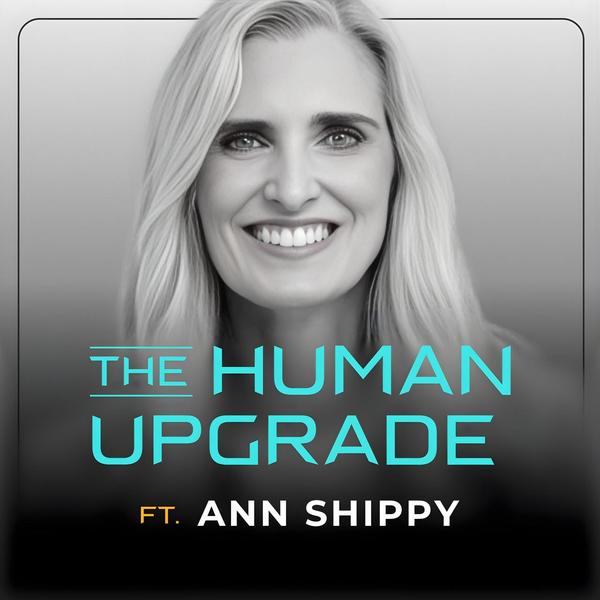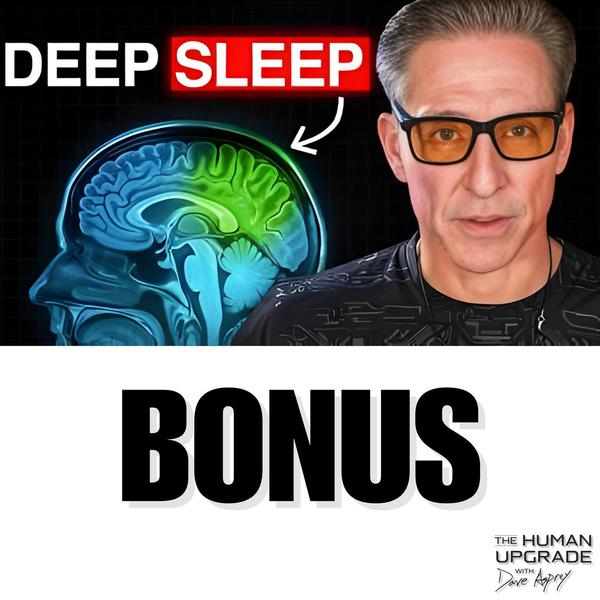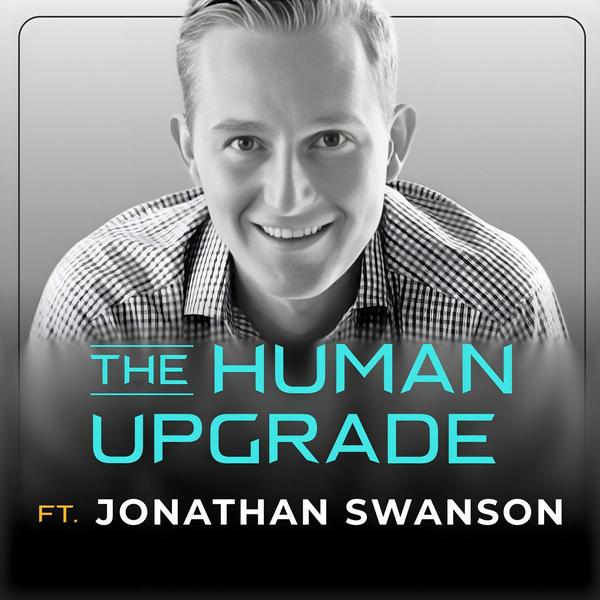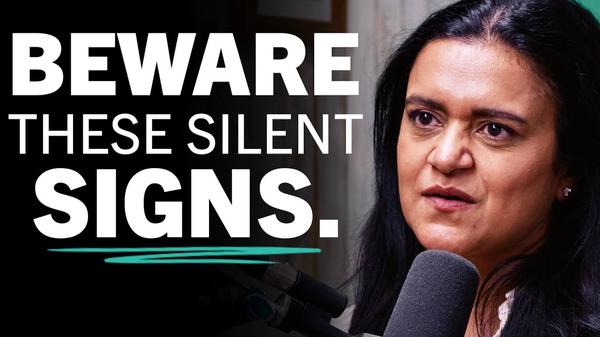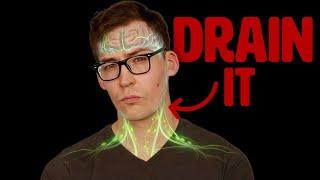Biohacking Stress & Burnout – Dr. Aditi Nerurkar
Dave Asprey
Apr 23, 2024
Mindsip insights from this episode:
Prioritize stress management over weight loss for better health
For the first time, more people are seeking help to manage stress than for weight loss. This shift highlights how stress has become the top health concern, even above goals like losing weight.
Establish healthy boundaries to cultivate true resilience
Real resilience isn't about pushing yourself non-stop or ignoring your limits. It's about setting healthy boundaries, allowing yourself to say no, and leading with self-compassion for the long game.
Cultivate curiosity and a youthful mindset to slow aging
Feeling curious and choosing to see yourself as young and energetic can actually influence your body’s biology. Studies show that your mindset about age and learning keeps you feeling and acting younger, possibly for much longer.
Utilize expressive writing to heal stress and improve well-being
Writing freely about tough or painful experiences for a few days in a row helps your mind process and release stress. This tool can improve mood, sleep, and even physical health.
Practice daily gratitude to shift focus and boost happiness
Writing down five things you’re grateful for every day can shift your brain’s focus from negative to positive. Over time, this habit reduces stress and helps you feel happier and more resilient.
Prioritize monotasking to reduce stress and enhance focus
Focusing on one thing at a time (monotasking) instead of juggling many tasks at once reduces mental overload and stress. Taking short breaks between tasks helps your brain process and remember more.
Establish digital boundaries to enhance calm and sleep
Keeping your phone out of arm's reach, especially in the morning and before bed, lowers stress and helps you sleep better. Simple boundaries like turning off notifications or using an old-school alarm clock make a big difference.
Identify personal stress limits to optimize performance
Everyone has a different 'wall' when it comes to stress limits, and it moves over time. Learning where your wall is helps you push yourself for short bursts, like in a workout, without burning out.
Transform bad stress into healthy growth opportunities
Not all stress is harmful—there’s healthy stress (like excitement from travel or new projects) and bad stress that drags you down. The goal is to turn bad, constant stress into manageable, healthy stress that helps you grow.
Rewire your brain to enhance resilience and stress management
No matter your age or past, your brain is able to change and adapt through new habits and experiences. This means it’s never too late to become more resilient or manage stress better.
Make two small changes for lasting healthy habits
Lasting healthy habits come from making just two small changes at a time and giving yourself about eight weeks to let them stick. Trying to change too much at once overwhelms your brain and usually leads to failure.
Recognize inability to disconnect as modern burnout symptom
A key sign of modern burnout is the inability to disconnect from work, not just feeling tired or unmotivated. This makes it harder to notice burnout in ourselves and others because it doesn't always look like old-school exhaustion.
More from
Dave Asprey
You also might be interested in
The Hidden Damage That Happens "Behind-The-Scenes" In The Adult Entertainment Industry, With Former Adult Actress Felicity Feline
How to Set & Achieve Goals | Huberman Lab Essentials
Neuroscientist: If You’re Feeling THIS, You’ve Lost Touch With Your True Self
Neuroscientist: If You Feel THIS, You're Living the Wrong Life (Unlock The One You're Meant For)
Drain your Brain, Protect it from Alzheimer’s Disease






